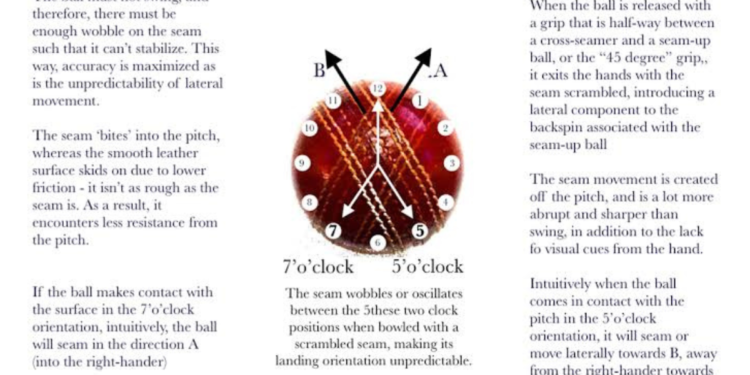Definition of DRS Timer
The Decision Review System (DRS) Timer is a crucial component in modern cricket matches. It is an allotted timeframe within which players can request a review of an on-field decision made by the umpire. This technological innovation aims to enhance the accuracy of decision-making by allowing teams to challenge rulings they believe to be incorrect within the stipulated time limit.
The DRS Timer serves as a mechanism to maintain the flow of the game while also ensuring fairness and precision in decision-making processes. With the implementation of the DRS Timer, teams are provided with a set duration to decide whether they want to challenge an umpire’s decision, thereby adding an element of strategic decision-making to the game.
Purpose of DRS Timer in Cricket Matches
The purpose of the Decision Review System (DRS) timer in cricket matches is to ensure that reviews are conducted efficiently and within a specified time frame. The DRS timer puts a cap on the time allotted for teams to make a decision on whether to review an on-field umpire’s call. By implementing a set time limit, the DRS timer helps maintain the flow of the game and prevents unnecessary delays.
In addition to expediting the review process, the DRS timer also adds an element of strategy to the decision-making aspect of the game. Teams need to make quick and calculated judgments on whether to challenge a decision, considering the time constraint imposed by the DRS timer. This adds a layer of intensity and excitement to the match, as teams must weigh the risk of losing a review against the potential benefit of overturning a decision.
How DRS Timer Works
In a cricket match, the Decision Review System (DRS) timer plays a crucial role in ensuring fair and timely decision-making. When a team decides to challenge an on-field decision, the DRS timer comes into play. Once the decision is challenged, the on-field umpire communicates with the third umpire, and the timer is set to ensure that the review process is conducted swiftly.
The DRS timer typically allows for a limited time frame within which the third umpire must review the decision. This not only adds a sense of urgency to the review process but also helps in maintaining the flow of the game. If the third umpire fails to reach a conclusive decision within the stipulated time, the on-field umpire’s original decision stands. This mechanism of the DRS timer ensures that the review process does not unduly delay the game while still allowing for thorough assessment of the decision at hand.
Role of Third Umpire in DRS Timer
When a player or team challenges a decision using the Decision Review System (DRS) in cricket, the third umpire plays a crucial role in assessing the validity of the appeal. The third umpire is responsible for reviewing the available camera angles and technology to make an informed decision on whether the on-field umpire’s call should be upheld or overturned. This process requires precision and quick thinking to ensure fairness and accuracy in the final decision.
With the aid of technology, the third umpire closely examines replays and various camera angles to determine if there is enough evidence to suggest that the on-field umpire’s decision needs to be changed. The third umpire’s role in the DRS timer is to provide the match officials with the necessary information to make the right call, thereby contributing to the overall integrity of the game. By carefully analyzing the visuals and data available, the third umpire assists in upholding the spirit of fair play and ensuring that the correct decisions are made during the course of the match.
Importance of DRS Timer in Decision Making
The DRS (Decision Review System) timer plays a crucial role in the decision-making process during cricket matches. This timer imposes a time limit within which teams must request a review of an umpire’s decision. By setting a specific time frame, the DRS timer ensures that reviews are conducted promptly, maintaining the flow of the game and preventing delays.
In high-pressure situations, such as close calls or critical moments in a match, the DRS timer becomes even more important. It adds a sense of urgency to the decision-making process and prevents teams from excessively deliberating over whether to review. This time constraint promotes quick but thoughtful reviews, contributing to fair and efficient decision-making on the field.























